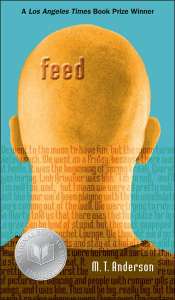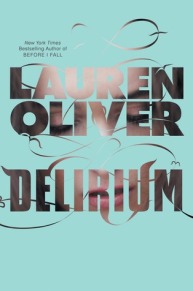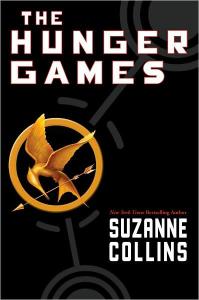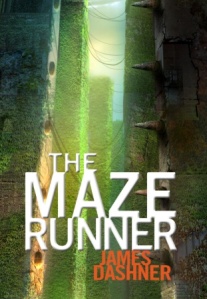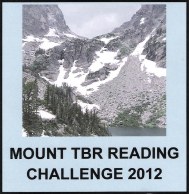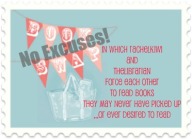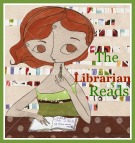Nailer is part of a ‘light crew’ based in abandoned ship yards of the Gulf Coast. He spends his days stripping old oil tankers of their precious copper crawling around in spaces almost too tight to breathe praying to make a lucky strike by finding the rare oil deposit. To Nailer finding even a few gallons of oil could mean the difference between life and death.
You see Nailer’s time is almost up as part of the light crew. He’s becoming too big to easily fit in the tanker’s crawl spaces. After years of starvation Nailer has very little hope of becoming big enough for heavy crew duty…and no one, not even his best of friends, his crew can do anything for him. He’ll be left with the killer that is his father…a man who would ‘cut’ his losses rather than support a son.
But then it happens. A “city killer” storm blows into Nailer’s beach bringing with it an elusive “Lucky Strike”. Nailer and his best friend Pima are the first to happen upon a shipwreck. A valuable shipwreck. A wealthy boat filled with china, silver, and gold has crashed into a deserted inlet. Even the few pieces Nailer and Pima can carry off the ship would be enough to set them up for life. But in their ransacking of the ship they find that not everyone has died. A girl, a young, beautiful girl has survived…Nailer must decide save her life and risk losing the haul that will save his life…or turn into his father, slit her throat and walk off with her goods…Remember Nailer has no hope for the future…what would you choose?
Review
The world building of this novel was impeccable. Easily my favorite part of the book. I love it when an author is able to ‘show’ without ‘telling’. I could perfectly picture this dystopian society without knowing the entire structure of the new country. The characters aren’t aware of what lies outside their beach world. That’s the beauty of it all. Nailer and his crew really wouldn’t know about the rest of the country. And it turns out the rest of the country is just as ignorant of this small area. You spend the better part of this book enmeshed in the world of Nailer only to find that it’s such a small ‘town’ no one has even heard of it. It’s not important in the least. When you begin to understand that in the book it’s just mind-boggling.
I also loved how, again without ‘telling’, the reader could see how the novel was influenced by Hurricane Katrina and the destruction it caused. This entire world/novel was built off this event. The author is imagining a world after we’ve been hit by a climate change caused in part by other major hurricanes that follow in Katrina’s footsteps. I loved that it used such a timely issue in an original way.
And the characters…I loved Nailer, seeing this world through his eyes is a treat. You’ve found him on the cusp of change. Nailer is primed to view more of the world, to hopefully escape the difficult life he’s been born to. At the end of his time as ‘light crew’ and with little hope of becoming big enough for ‘heavy crew’ he’s a smart and lucky character to begin finding a way out. That way out might be Nita.
I’ll admit that I didn’t like Nita as much as the other characters. She’s not as fleshed out for the reader. I think that Bacigalupi had his reasons for withholding information on Nita, this book is the start of a series. In this first title Nita is basically a standard of comparison to Nailer and his world. Wealth held up to the extreme poverty Nailer and his people live in. It also makes you think about our society today. How even bad luck for the moderately well off is good luck to the poor.
This novel is at once thought-provoking and at the same time a plot driven ride. And it’s just so, so well written…One to enjoy.
Rating: 4.5/5 A well written start to a series I’ll be following


